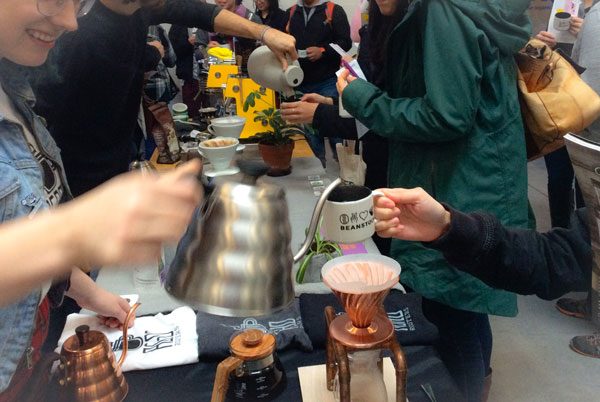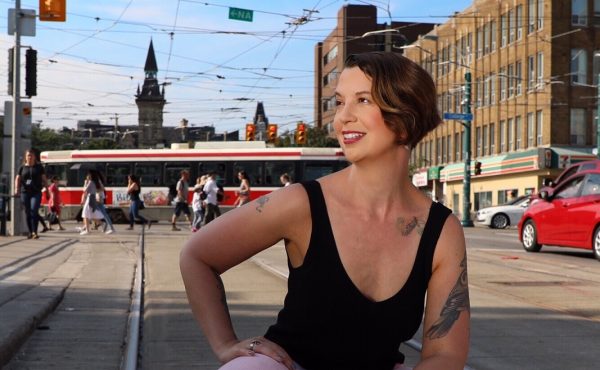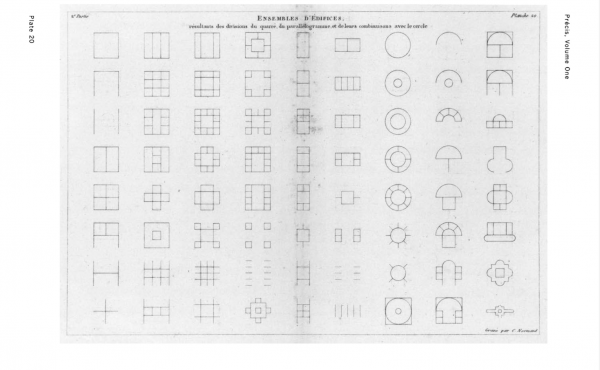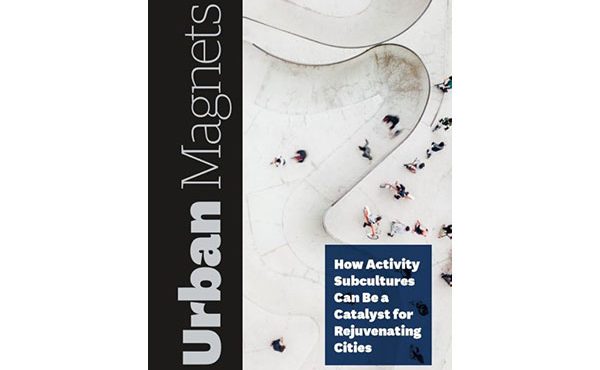
Since the emergence of coffee chains starting with Starbucks, coffee has become more than a consumer product; it has developed into a lifestyle brand aiming for the “consumer experience and brand extensions” as Naomi Klein argues in her book No Logo.
In “Farewell, Nervosa” a passionate sounding Frasier Crane explains his emotional tie to his favourite coffee shop as, “Nervosa is more than just a place for coffee! It’s my refuge, my sanctuary for contemplation!” And his brother Niles calls Nervosa his “haven and cocoon!”
Aside from fictional characters in TV shows, coffee culture is indeed booming and blossoming more than ever. A study in 2015 declared Vancouver as the “epicenter of Canadian coffee”, as the city ranked third in the world’s best cities for coffee lovers. Vancouver’s culture and lifestyle is very much tied to coffee, especially when it comes to good-quality and ethically sourced coffee, also know as Third Wave Coffee.
With that in mind, it was high time for an event such as Beanstock Coffee Festival to take place in Vancouver. The sold out event’s venue was in the Downtown Eastside’s Railtown Warehouse, a location that is surrounded by Winery, brewery, and restaurants. If you ever wonder how you can get millennials out of bed on a Sunday morning, a coffee festival might be it!
At 9:45am, young people patiently waiting in a line that stretched from Gore to Main Street made the popularity of Beanstock Festival apparent. Inside, visitors were treated to a variety of freshly-brewed complementary coffee samples from independent micro-roasters. Centred around the theme of Third Wave Coffee Culture, vendors provided the visitors with educational sessions on how to brew their coffee at the right temperature and modus.
Spacing Vancouver contributor, Ulduz Maschaykh, had the opportunity to sit down with Grant Gamble—one of the festival’s organizers—to discuss the hype around Third Wave Coffee and find out how this event connects to Vancouver’s current and future coffee culture.
Spacing: How was Beanstock Coffee Festival born?
GG: The biggest problem that we find with coffee events in Vancouver and across North America is that they’re often treated as a trade show or a TED talk. They tend to be intimidating to the general public. Coffee culture is oftentimes very complicated and we wanted to make it accessible to everyone and engage the public in coffee culture. So, we modelled Beanstock Coffee Festival after Beer Festivals.
Spacing: What are the three key features of Third Wave Coffee?
GG: In my opinion it is buying High quality green beans, roasting to bring out the flavours of the coffee instead of covering them up, and treating good quality coffee with respect… just like how people treat wine. When you have a really nice glass of wine, you take your time with it, you swirl it and smell it and appreciate everything about it. Third Wave Coffee, like Speciality Coffee, is that movement to treat coffee like wine.
Spacing: How does Third Wave Coffee affect the supply chain ?
GG: Every single roaster that is here at this festival, sources their beans from a more sustainable place. A lot of times it is direct-trade, such as Mogiana Coffee and Frog Friendly Wild Coffee…they close the loop.
They own their own coffee farms and grow their own coffee. They pay for their staff’s meals, education, treat the water on the farms and build a real community. They roast and serve the coffee themselves, there is no middle-man. As such they insure their farmers are paid fairly.
I work with Mountain Coffee. We are a green coffee importer. A lot of coffee roasters here source their beans from us.
We either buy directly from a farmers or from a contact at origin, who is ensuring what we are buying has no conflict attached to it. Sustainability and fair wages are very important to us and integral to the future of the coffee industry.
Spacing: Is Third Wave Coffee the sustainable way to consume coffee? How will it change the face of retail in the next decade?
GG: A lot of companies will shift to using design to entice people to buy their product. However, a lot of times design and quality don’t necessarily go hand-in-hand. But we will see a shift in the coffee shop, for example a mom and pop shop that does serve really good quality coffee, but does not look as slick as a commercial coffee shop, will look to branding, industrial and identity design to get people buy their products.
Spacing: What will Beanstock Coffee Festival 2018 look like?
GG: It will be bigger and we aim to have more partnerships and more education. For this year’s Beanstock we were sold out completely within 3 weeks. Then we added an extra session that sold out in half a week. We aim to be a uniting force in the coffee industry. This event is the first time in history that we gathered the three equipment suppliers ECM, Espressotec and Genius in one place. We purposefully brought them all together. This has never happened before.
Spacing: Why did you choose this location for the festival?
GG: We chose this venue because it was very affordable and suited our needs being adjacent to downtown and accessible. The location is gorgeous and fits our brand. We put the money that we saved for the venue into more important things, such as insuring that we can bring on a paid event agency team to make sure everything goes smoothly. We are an independent committee [edit] who put this event together. We are not doing this for profit. As a matter of fact, every amount of profit that we will make here will be donated to Pick Up Please Donations charity.
Coffee Kids is our charity partner this year. They educate the youth at coffee origin and give them the resources to do it in order to sustain the future.
We have hired Do604 and Arrival ; these are two companies that are very respected in Vancouver for putting events together. They helped us with all of the production of the event. While we took care of the brand and the user experience. I want to also thank all of our sponsors and volunteers for pulling all this together. All of us turned this event into an incredible reality.
Spacing: Do you think independent coffee shops commence gentrification? In a study in 2015 researchers in San Fransisco concluded that there is a direct relationship between coffee shops and rising rent prices.
GG: There is definitely a correlation between independent coffee shops and gentrification. Obviously the Creative Class and entrepreneurs love to work in coffee shops. Anywhere there is a good coffee shop is where these types of people will go. As a millennial, I feel life is pretty expensive, especially in a city such as Vancouver. So, we like to go to neighbourhoods that aren’t as developed as that is what we can afford, while being close to downtown. The development of Main St. over the past decade is a great example of this.
Spacing: Coffee Shops—not coffee itself—aim to attract people from a higher echelon as well as educational background. Can Third Wave Coffee change this consumer demographics and make coffee shops accessible to everyone?
GG: The reason why Third Wave Coffee Shops are more expensive than let’s say Tim Hortons is because Third Wave roasters are paying more for the production, sourcing and service. I agree that the price of Third Wave Coffee will deter some people from buying, but ultimately it comes down to service and education to make Third Wave Coffee more approachable to the people. Which is a reason why this festival is happening. We want to educate people about good quality coffee, how it is sourced and served. That requires a lot of manpower.
Spacing: But how would you convince a person who is sceptical to actually pay that extra money for Third Wave Coffee?
GG: I would tell them to just try the coffee and see for themselves!
***
Ulduz Maschaykh is an art/urban historian with an interest in architecture, design and the impact of cities on people’s lives. Through her international studies in Bonn (Germany), Vancouver (Canada) and Auckland (New Zealand) she has gained a diverse and intercultural understanding of cultures and cities. She is the author of the book, “The Changing Image of Affordable Housing – Design, Gentrification and Community in Canada and Europe”




